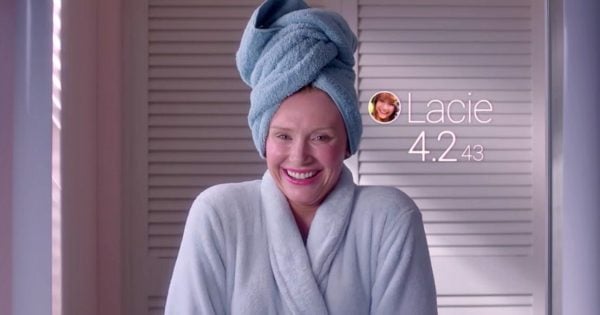I have a friend named Sarah.
Sarah enjoys: Messina gelato, avocado smash, f45 training, poached eggs out, poached eggs in, jogging, her dog – Diego, her boyfriend – Daniel, her workmates – Jack, Christie and Ramesh, face masks and raisin toast.
I know these things because I have been giving Sarah mercy likes on Facebook for years.
Mercy Like
/ˈməːsi/lʌɪk/
verb
- liking a person’s social media post not because of its content but because you like them as a person.
noun
- a show of friendship that will ultimately ruin you.
Mercy likes are not necessarily a bad thing. It comes from a good place. The problem is how quickly one well-meaning like becomes a tidal wave of senseless support.
If you can like Sarah at her graduation photo best, must you like her at her toilet selfie worst?
The habit has become so natural that not liking something feels brutal - even cruel.
Once I accidentally liked a death announcement of one of my friend's parents because I had already double-tapped the image before I read the caption.
Interested in topics that get you talking? Listen to our latest Mamamia Out Loud podcast.
This could just be me overthinking it but the scatter-gun approach of social media interaction actually screws you over in the long-run.
Platforms like Instagram and Facebook will show you more of the people and things you like based on your past 'likes'.
So if you're liking Sarah's hashtag blessed post-gym selfies then you're only going to see more of them.



Top Comments
I have a friend who does mercy likes. I sometimes post music videos from youtube. The friend liked it. I noticed. Finally I thought, I've discovered we have a mutual interest. I asked her what she thought of it and she admitted she hadn't watched it. Our friendship the last few years has become her liking my posts. No comments. Maybe an emoji. How is this 'staying in touch'? I know nothing about her interests. If I had to buy her a present I'd be in trouble.